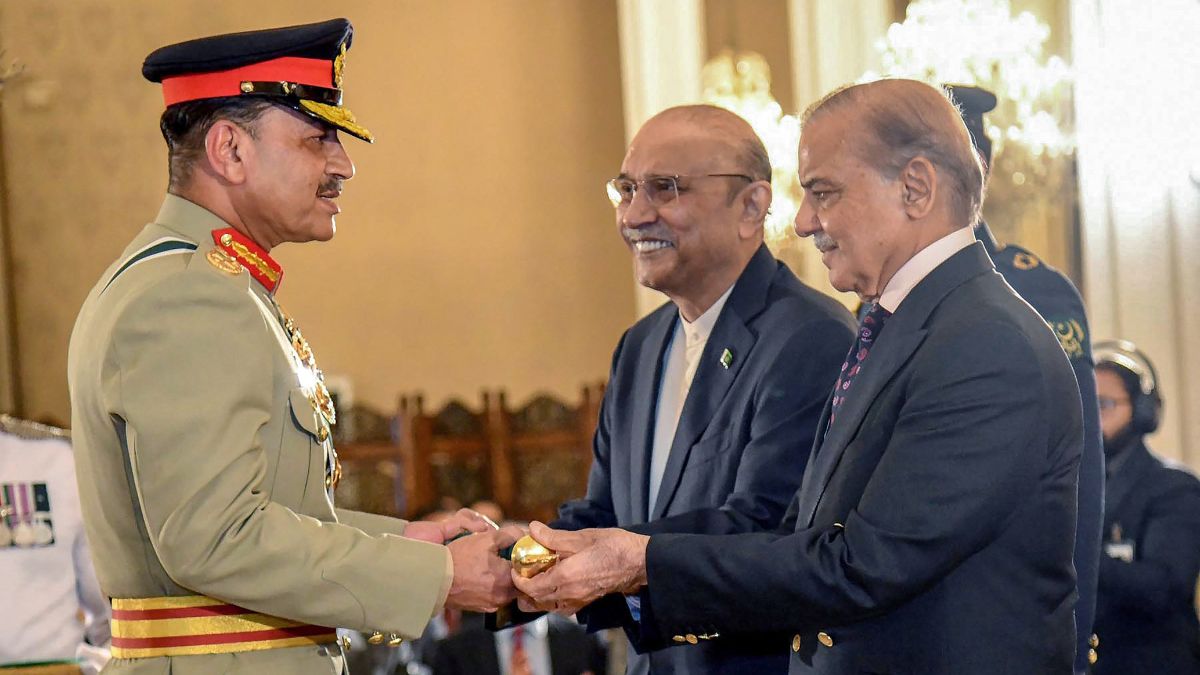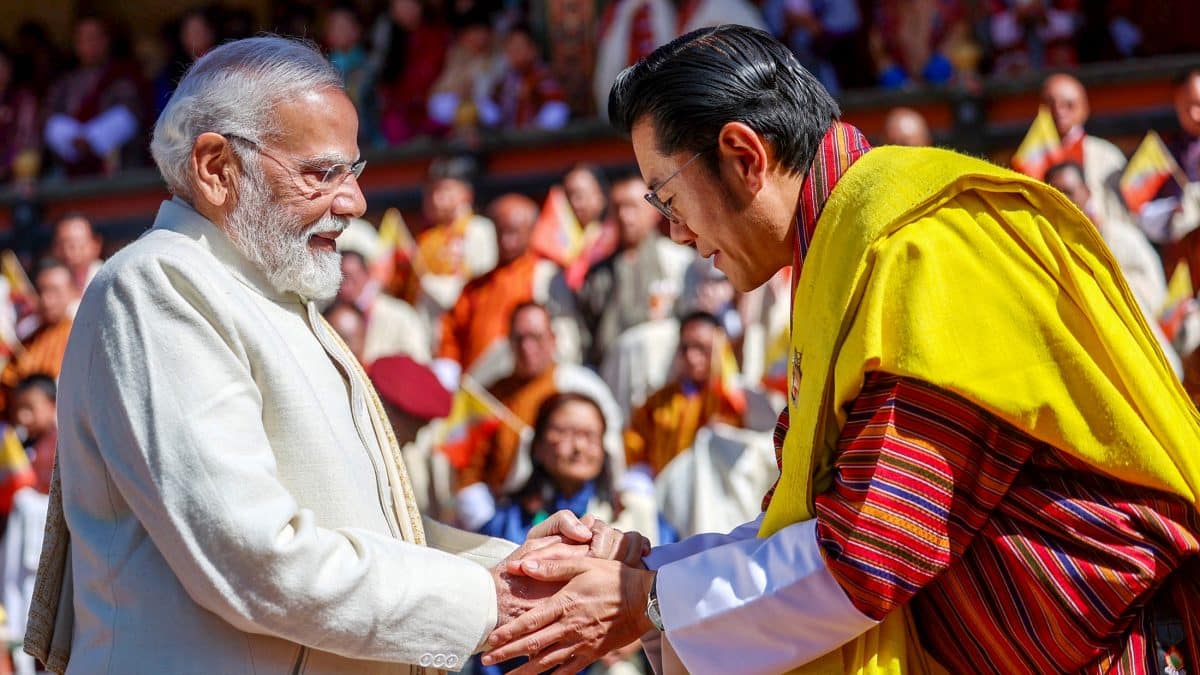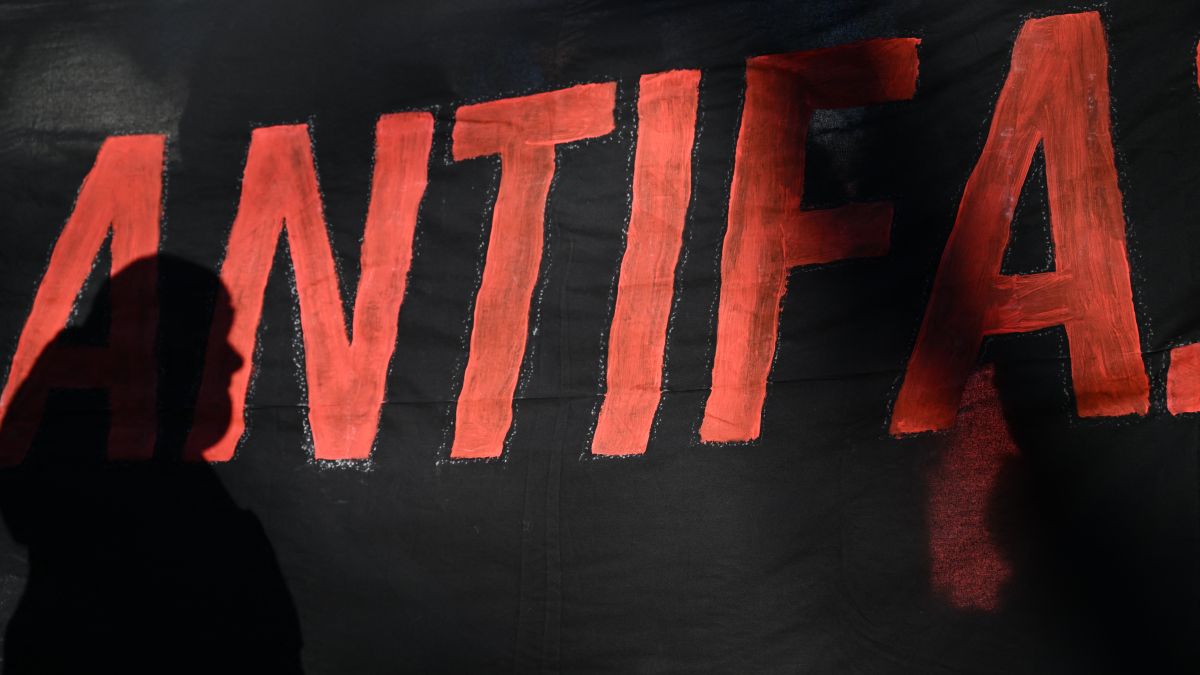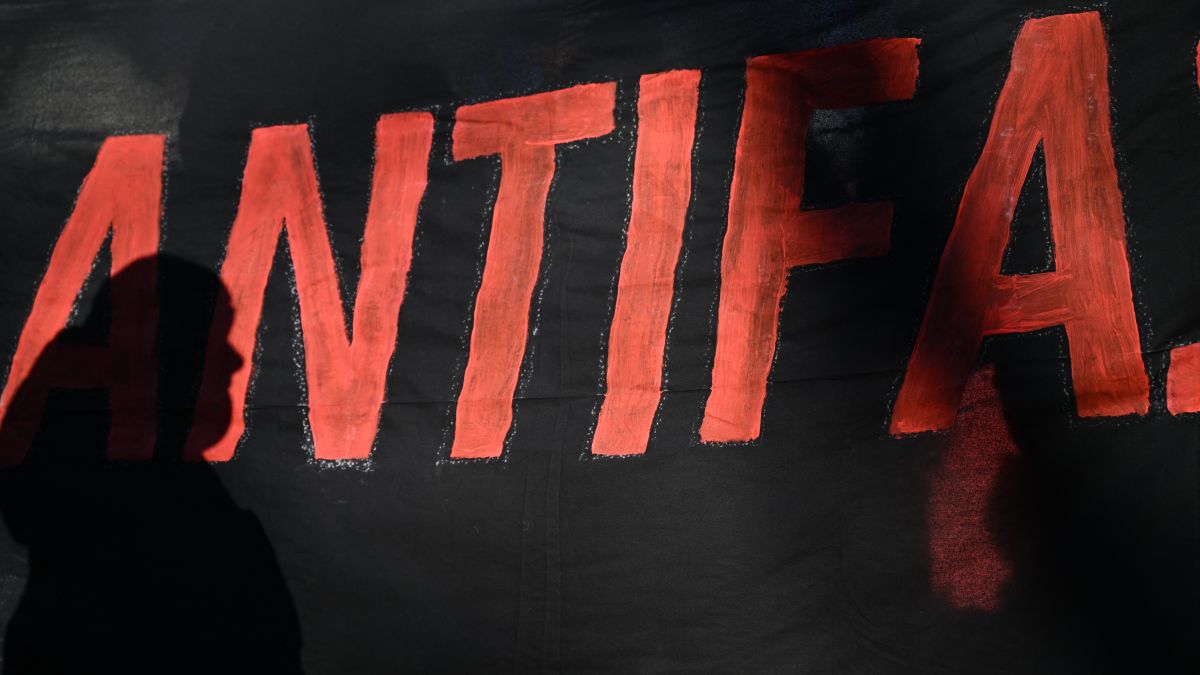The Pakistani government tabled the 27th Constitutional Amendment Bill in the Senate on Saturday, November 8, 2025. It needs limited support from other political parties beyond Shehbaz Sharif’s Pakistan Muslim League (N) to push this amendment, details of which remain secret.
The amendment would reduce financial powers of provinces, strip the judiciary of its independence and enhance the role and power of the ‘failed marshal’. Its impact would be far-reaching and appears to be a short-term measure taken by an army-installed government to offset any challenges to its authority, especially from Imran Khan’s Pakistan Tehreek-e-Insaaf (PTI).
As per inputs from Pakistan, the amendment will create a new constitutional court to handle constitutional disputes as well as fundamental rights cases. Linked to this is the power for transferring judges, which would move from the chief justice to the executive, which is the prime minister’s office. When assessed, it means that the PM will nominate those whom he desires, and if they subsequently disagree, they can be transferred. The judiciary is no longer independent, not that it ever was.
To rein in provinces governed by parties not aligned to the centre, the amendment on financial powers will be enacted. It will enable Islamabad to curtail their budgets, claiming economic crisis, thereby compelling them to toe the line of the centre. The first to suffer under this amendment would be Khyber Pakhtunkhwa (KP), currently controlled by the PTI.
The amendment will also alter rules for appointing members of the election commission, giving more powers to the ruling party and opening doors to formally rig elections.
Quick Reads
View AllMost importantly, it will break the democratic norm of civilian control over the armed forces by amending Article 243 of the constitution. Under the existing article, the President, on the advice of the PM, appoints service chiefs. Their extension is also at the pleasure of the current government.
The 27th amendment would involve establishing an ‘office of the field marshal’ with a five-year tenure (similar to that of the president and the PM). The field marshal will possess powers to appoint service chiefs and DG ISI, indirectly approving all senior appointments within the forces as also paramilitary organisations.
The act will also provide immunity to the field marshal from all legal and political challenges, implying no government possesses powers to remove him, under any condition, a privilege no other appointment has. Service chiefs’ tenures, which could be extended to five years, are now made a law; however, they would serve at the pleasure of the field marshal and not the government.
The office of the Chairman of the Joint Chiefs of Staff, a potential challenger to the army chief and field marshal, would be closed. The field marshal would also be the army chief, and under him a new office of the vice chief of army staff would be established.
The Pakistan army currently controls all security forces in Pakistan, including Rangers, frontier troops, border scouts, coast guard, and also Mujahid and Janbaz forces. With the field marshal now being made the head of the armed forces, sidelining the polity, internal security in Pakistan, alongside external security, would now be under the army. This will constitutionally provide ‘failed marshal’ Asim Munir with unbridled powers, placing the country at his mercy.
In October 2017, the Rangers prevented the then interior minister from entering a court where Nawaz Sharif’s case was being heard. The minister belonged to Nawaz’s party. The Rangers were supposedly operating under his ministry but under the command of the army, which had passed these orders. There was nothing that the minister could do. Now, they would act with impunity, as there would be no civilian control.
This would also open doors for brutality against residents of Balochistan, Pakistan-occupied Kashmir (PoK) and KP, where violence against the state is on the rise. With the field marshal immune from legal or political challenges, there can be no court cases against disappearances and enforced killings. In any case, landing in court would be handled by favourable judges.
Simplistically put, the Pakistan armed forces, controlling all security agencies, now possess powers to remove any government which questions their motives. They are the ones to curb any protest with the central government’s negotiating powers ended. There are reports that the Pakistan army has moved into PoK with the power to shoot to kill to curb the rising movement within. Something similar would happen in other regions.
Pakistan’s defence minister, Khawaja Asif, who anyway had no role but considered himself a political appointee, would now either function under the ‘failed marshal’ or his appointment would be scrapped.
It is also possible that the amendment will enable the armed forces to demand their budget without concern for social and infrastructural development. Added will be their power to sell Pakistan’s resources to others. This will be done by military-run commercial establishments, lining pockets of generals, while locals suffer. The current offering of mineral resources of Baluchistan to the US is being coordinated by a military-run company.
For India the implications are stark. Proposals for talks emanating from Pakistan’s political leadership to resolve ongoing disputes are now meaningless, as the armed forces will not even nominally be under civilian leadership. India, anyway, does not talk with Pakistan’s military leadership. In addition, the ISI would have the freedom to manipulate terrorist groups operating against India. Retaliation against a terrorist strike would now have to target military infrastructure.
For Afghanistan, engaged in an ongoing conflict with Pakistan along the Durand Line, talks can only be at the military level. The latest round of talks in Istanbul, involving spy chiefs, is the indicator of the future.
Interestingly, the amendment is being pushed in secrecy with the population, who would be most impacted, left in the dark. The reason is that it is being done possibly under pressure from Munir. No wonder Imran Khan recently dubbed him as the ‘most oppressive dictator in Pakistan’s history’. He added, ‘Munir, in his lust for power, is capable of doing anything.’
Pakistan would be indirectly ruled by the ‘failed marshal’ or whoever succeeds him. Pakistani politicians may disagree, but in a nation controlled by brute military power, they have little choice. Democracy is there just in name.
Leaders like US President Donald Trump, who prefer dealing with pro-US dictators, are partially responsible for this mess. Munir’s domination over the state has been proved with the amendment being placed before the senate, and the portion concerning the armed forces, when passed with a thumping majority without question, will further confirm it.
(The author is a former Indian Army officer, strategic analyst and columnist. Views expressed in the above piece are personal and solely those of the author. They do not necessarily reflect Firstpost’s views.)


)

)
)
)
)
)
)
)
)



